How a Cash-Out Refinance Could Affect Your Taxes
If you have equity in your home, it could prove advantageous to get a cash-out refinance to cover any debt. However, this could have an impact on your taxes. In this article, we’ll provide a run down on how refinances work, and how you can use the cash-out refinance money as tax-deductible items.
How does a cash-out refinance work and how does it relate to my taxes?
A cash-out refinance is essentially a way to refinance your mortgage, and borrow money at the same time. When you’re closing on the refinance, you’ll receive a check, and that will be the balance owed on your new mortgage (plus any closing costs from the loan). The IRS looks at refinances differently compared to when you took out your first mortgage, because it shows you’re trying to restructure your debt. This means that any deductions and credits you claim with refinances are less complex than when the original loan was taken out. Under new tax law , insurance payments aren’t considered tax deductible, however some new rules apply particularly to refinances. For example, you can’t deduct the cost of any discount points that were paid at closing the year you received your new loan. However, you have the option to deduct them over the course of your new loan.
How could tax laws affect my cash-out refinance?
When you receive that difference in cash from your lender, you can use the money from a cash-out refinance in a few ways. Some choose to do it to consolidate debt, while others might use it for home improvements. For example, say you have $50,000 left on your mortgage loan, and you want to do $10,000 for repairs Your lender might offer a new loan worth $60,000 at 3% APR. Once you take the refinance, your lender will give you $10,000 in cash shortly after closing. You’ll then pay back your new mortgage loan over time, just as you would your previous loan.

Taking a cash-out refinance leads homeowners wondering if they need to report is as income when it comes time to filing their taxes. It’s important to note that the cash received isn’t “free money.” It’s still considered a form of debt, and you’ll pay interest over time. In short, the IRS doesn’t view this money as income, but as an additional loan. So don’t file that cash as income on your taxes!
Because this exchange is lenient, there are rules for how the money can be used. It must be used for home improvement if you’re looking to deduct your interest.
How can I use my cash-out refinance so it’s tax deductible?
As stated previously, there are rules associated with how you can use the cash in order for it to be considered tax deductible. Here are a few ways you can use it:
- Capital home improvements
- Adding a home office
- Rental property improvements
Sometimes a mortgage lender will give you an option to buy discount points, which allow you to pay money upfront in an effort to “buy down” your interest rate. However, the cost must be dispersed over the course of the loan, not deducted as the full amount the year you refinance.
We hope this insight can provide a bit more clarity on this year’s taxes. If you need further assistance understanding how cash-out refinances work, Ken Venick is here to help ! Don’t hesitate to contact us today.
The post How a Cash-Out Refinance Could Affect Your Taxes appeared first on Owings Mills & Lutherville Mortgage.










Are You Ready to Get the Ball Rolling on Your Mortgage?
Get in Touch With a Mortgage Expert
NMLS# 150953
© 2024 All Rights Reserved | Luminate Home Loans, Inc.

